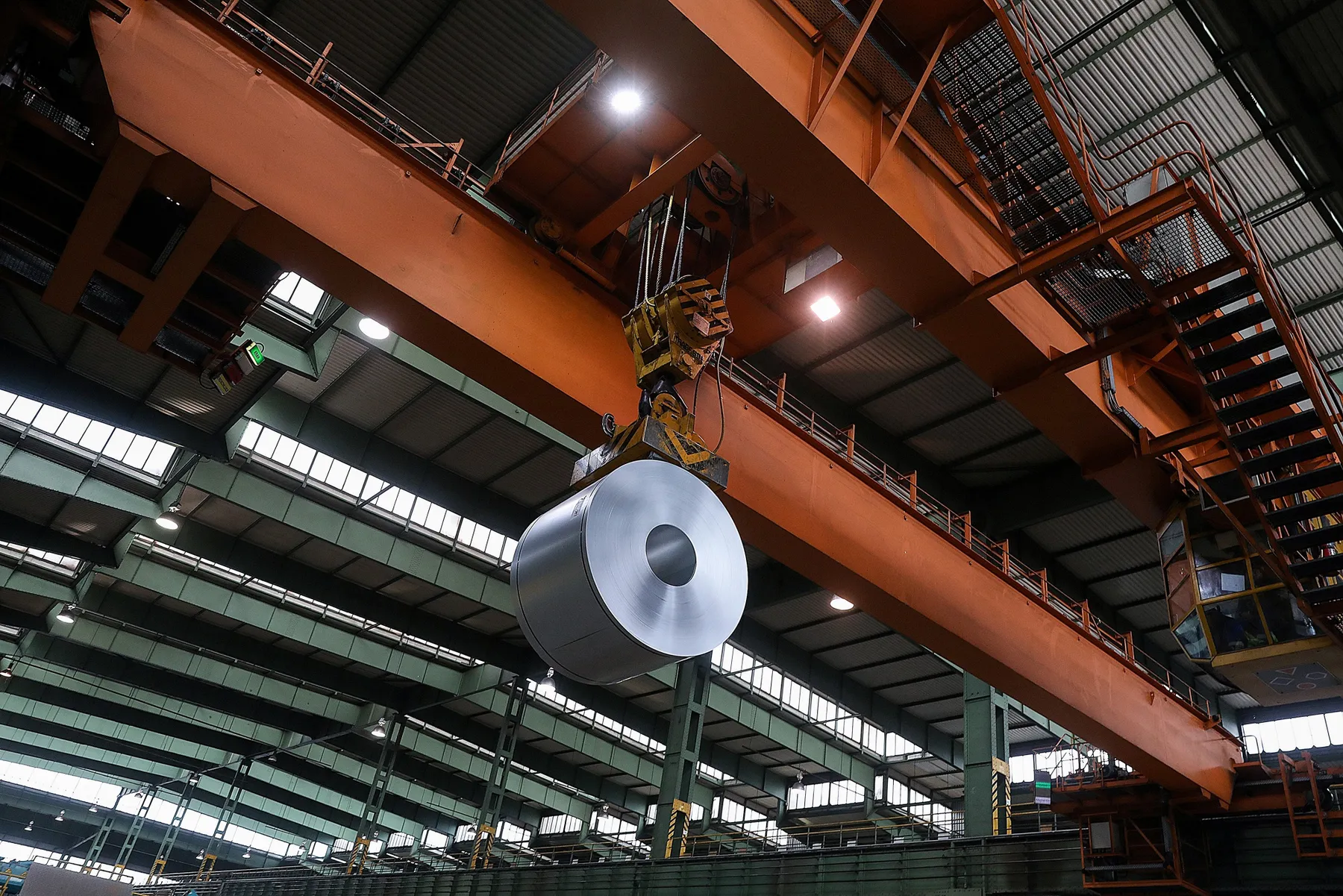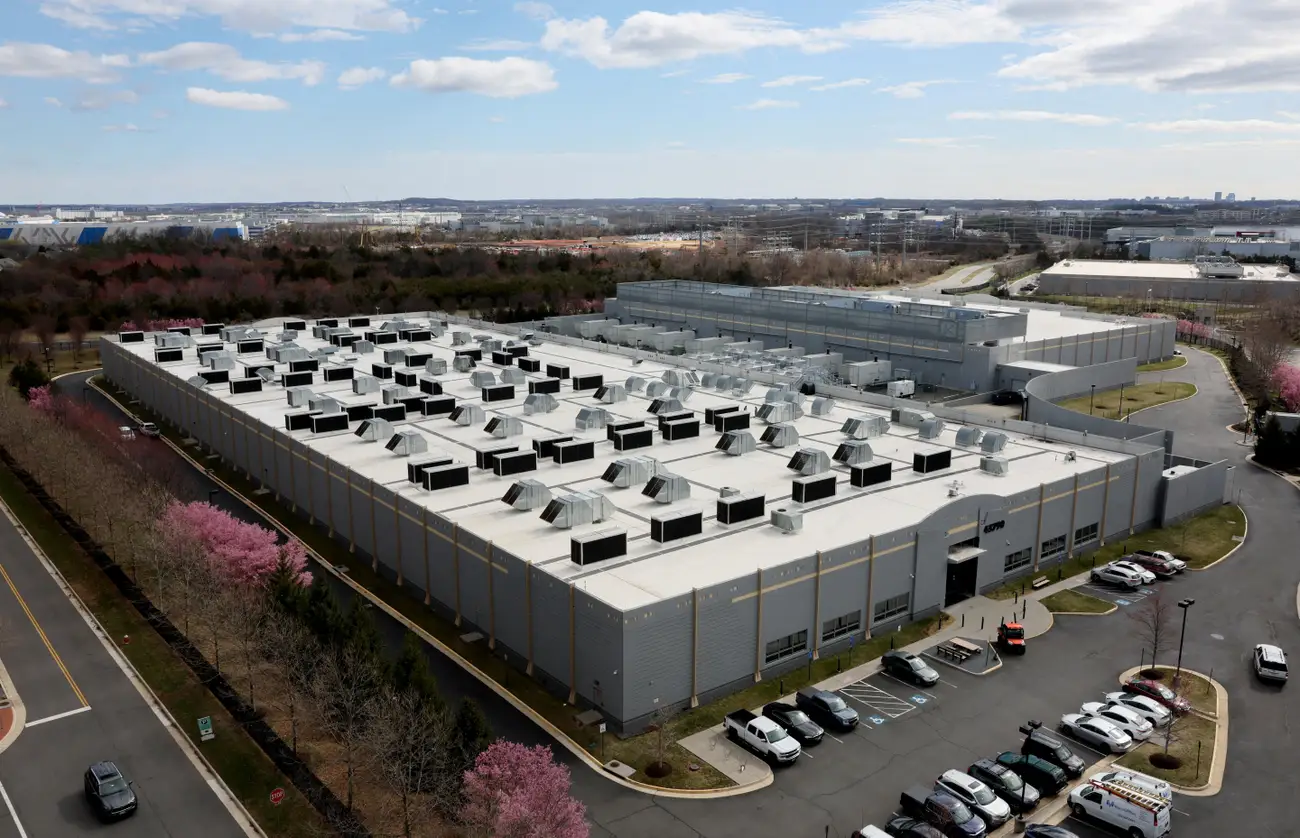Uber is ramping up its presence in the fast-evolving data labeling industry, positioning itself as a major contender following a high-profile partnership between Scale AI and Meta, Forbes reports.
Uber’s dedicated platform, Uber AI Solutions, is aiming to attract new clients and fill a gap left by companies reconsidering their ties with Scale after Meta acquired a significant stake.
Uber launched its data-labeling platform in November 2023. The service relies on a global network of contracted “clickworkers” who annotate audio, video, image, and text data to help train artificial intelligence models for enterprise customers. Now available in over 30 countries, Uber AI Solutions is broadening its offerings to include ready-to-use datasets and the internal platforms it uses for managing large-scale annotation projects.
The company is also moving to automate more aspects of the data-labeling process. Clients will soon be able to describe their project needs in plain language, with Uber’s platform automatically assigning and managing tasks, expediting the workflow, and ensuring quality control.
“That extends itself really well to this business of digital tasks now,” said Megha Yethadka, general manager of Uber AI Solutions.
The timing comes as Scale AI’s deal with Meta has disrupted the data-labeling market. After Meta took a 49% stake in Scale, several large clients, including OpenAI and Google, have reportedly pulled back from Scale, looking for neutral partners. The shift has opened new opportunities for rivals such as Uber, Mercor, Turing, and Invisible Technologies.
Uber sees its size and global reach as an advantage. According to Yethadka, Uber’s existing expertise in managing on-demand work translates naturally into digital clickwork. While she did not disclose exact numbers, Uber has doubled its pool of clickworkers since January, with “tens of thousands” engaged in specialized tasks ranging from coding to legal annotation. The most active workers can earn between $20 and $200 per hour, depending on task complexity.
Currently, Uber AI Solutions serves over 50 corporate clients, including Aurora, an autonomous vehicle company, and Niantic, known for Pokémon Go. Yethadka emphasized Uber’s ability to scale operations, its experience building products, and its commitment to confidentiality and security—factors she believes differentiate Uber from smaller, venture-backed competitors.
Still, industry analysts point out that long-term success may depend on building a skilled, reliable network of annotators. As data annotation moves toward higher-skill, knowledge-based work, Uber’s challenge will be to attract and retain talent in a competitive market.
Despite previous controversies surrounding its core ride-hailing business, Uber insists it is focused on “doing the right thing” in data privacy and operational standards as it builds out its data-labeling services.










The latest news in your social feeds
Subscribe to our social media platforms to stay tuned